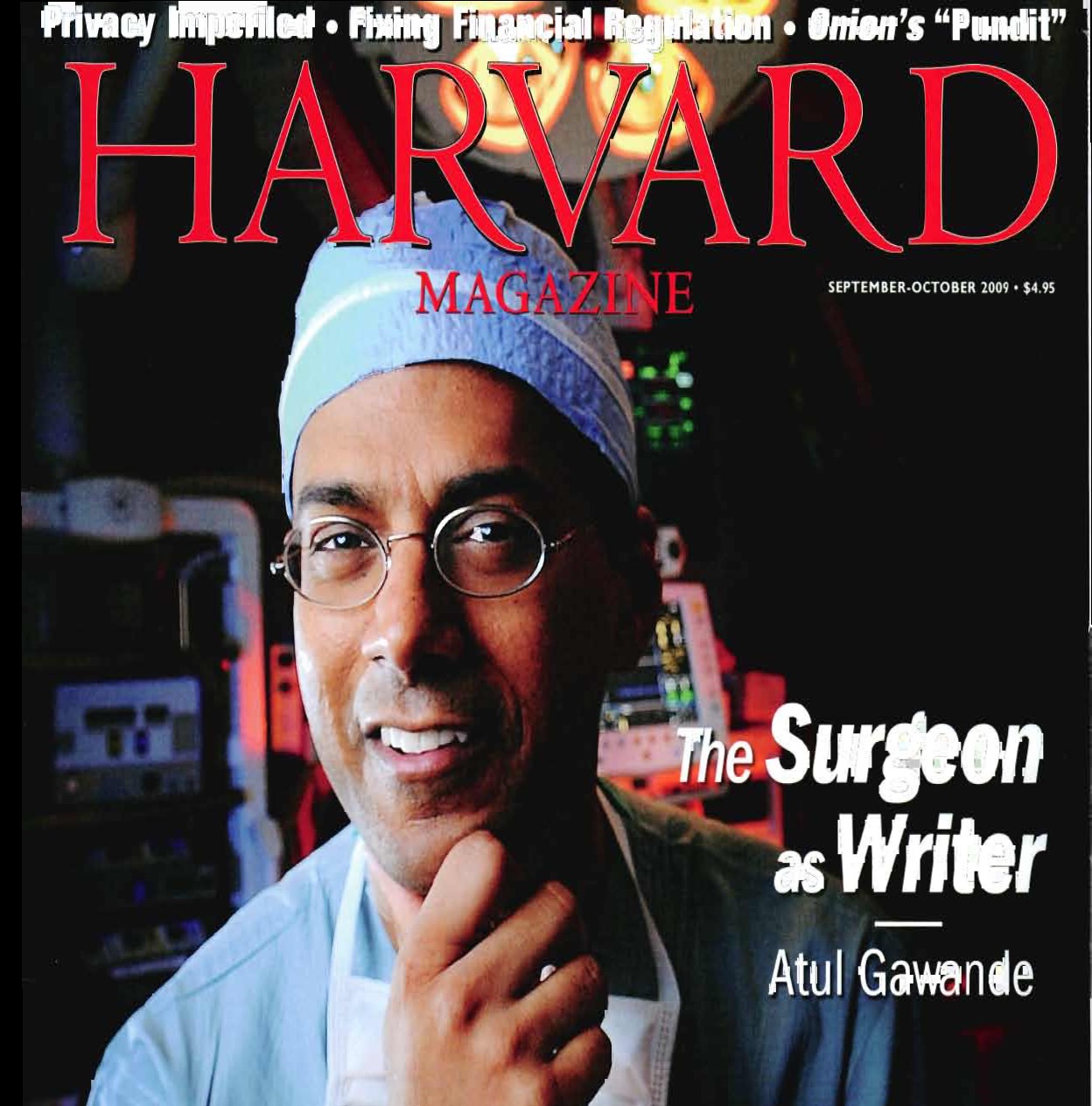Max Kennerly has done it again. Read this post on the Litigation and Trial bog which looks behind the allegation that the American people support medical malpractice reform. Before you do, read the following:
DO YOU AGREE OR DISAGREE WITH THIS STATEMENT: As part of any health care reform plan, Congress needs to change the medical malpractice system so that cases are resolved quicker, and more reliably, on behalf of those who are in the right.
Did you say "Yes?" I did.




